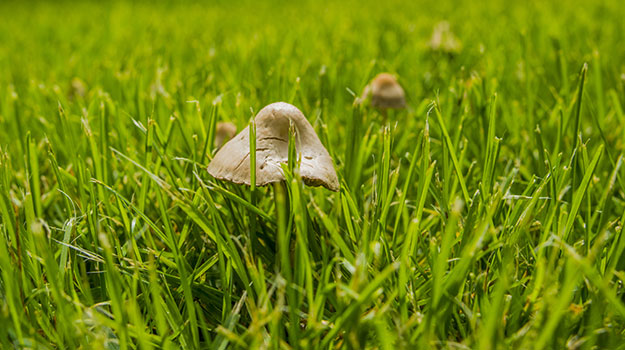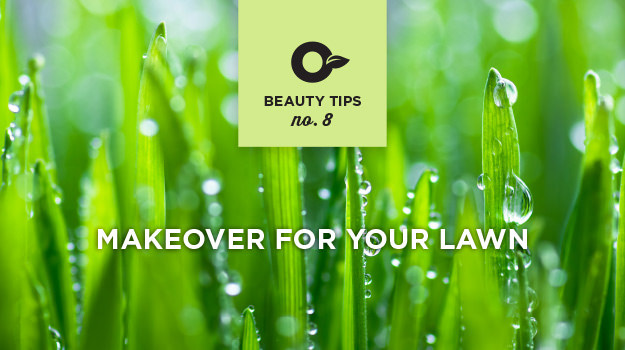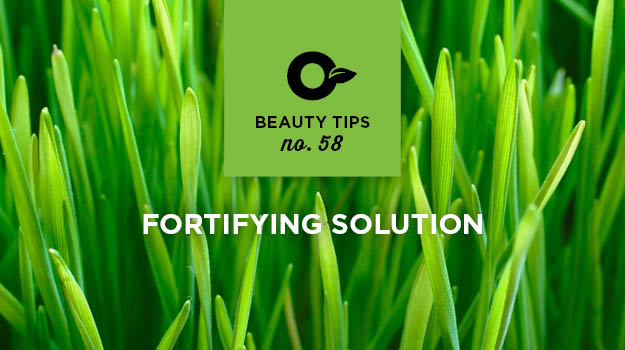
It's Sunday, it's warm and sunny, you're strolling through the backyard... Suddenly, you notice a bunch of undesired mushrooms. Despite all the care you provide, a few of them pop up now and then across your lawn.
You'll be happy to hear mushrooms are harmless and easy to get rid of.
Why are there mushrooms on my lawn?
To understand why mushrooms take up residence in your lawn, you must first understand what they are. And that's pretty simple. Mushrooms, also called "fungi", play a major part in the breakdown of the organic material on your lawn.
Grass clippings, animal excrements or even roots rotting below the surface (even if the stump and tree are no longer there) can help mushrooms crop up.
What to do
The shaded areas of your lawn are more likely to be colonized by surface mushrooms. If so, you could prune some of the surrounding trees to reduce the shade they create.
If there is too much organic matter on your lawn, make sure to rake the surface to help remove it. The next time you mow your lawn, increase the mower's height to reduce the amount of grass clippings produced. Also, dethatching your lawn will improve both aeration and drainage.
There are currently several fungicides on the market, but if you do not eliminate the conditions that promote their development, the mushrooms will come back. In other words, it is better to identify the causes and to take action to prevent them from growing in the first place.
Are they harmful to my lawn?
No, mushrooms will not cause any harm to your lawn. It's actually the opposite. Indeed, even if some may find them unsightly, surface mushrooms help the soil catch more water and nutrients, which helps your grass grow.
By breaking down the organic matter, they make nitrogen, phosphorus and potassium available to your lawn's roots. Those three mineral elements are the foundation of a plant's diet. That is why, among other things, you see them (N-P-K) on the labels of fertilizer products in garden centers.



